Locating and Utilizing Propane Fuel Sources
Related Articles: Locating and Utilizing Propane Fuel Sources
Introduction
With great pleasure, we will explore the intriguing topic related to Locating and Utilizing Propane Fuel Sources. Let’s weave interesting information and offer fresh perspectives to the readers.
Table of Content
Locating and Utilizing Propane Fuel Sources
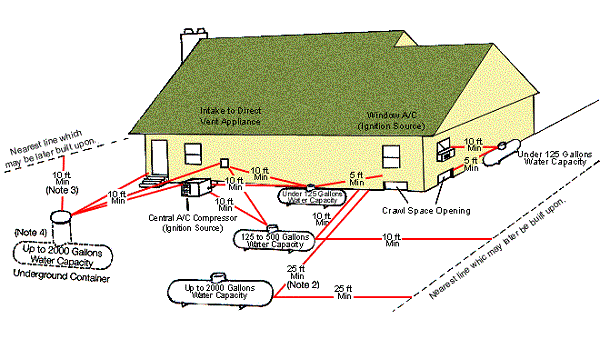
The availability of propane fuel, often referred to as LPG (liquefied petroleum gas), is crucial for various applications, from residential heating and cooking to industrial processes and transportation. Understanding how to identify nearby propane suppliers and how to safely and effectively utilize this fuel source is essential for both individuals and businesses. This article provides a comprehensive overview of propane acquisition and usage, addressing key aspects of safety, efficiency, and responsible fuel management.
Understanding Propane Availability
Locating propane suppliers requires a multi-faceted approach. Online searches utilizing geographical location services can reveal nearby propane retailers, distributors, and filling stations. These digital resources typically provide contact information, hours of operation, and sometimes even pricing details. However, verifying information through independent means is always recommended.
Beyond online resources, traditional methods remain relevant. Local directories, both print and online, often list propane providers within specific geographical areas. Inquiry with local hardware stores, home improvement centers, or even agricultural supply businesses can also yield valuable information about nearby propane sources. These businesses frequently collaborate with or refer customers to propane suppliers.
The type of propane supplier will vary depending on the scale of consumption. Residential users often rely on smaller retailers who deliver propane directly to homes for heating systems or barbeque grills. Larger consumers, such as industrial facilities or agricultural operations, may source propane from larger distributors who offer bulk delivery and potentially customized supply agreements.
Factors Influencing Propane Selection
Several factors should be considered when selecting a propane supplier. Price is a significant consideration, but it should not be the sole determining factor. The supplier’s reputation, reliability, and safety record are equally important. Reviews and testimonials from other customers can offer valuable insights into the quality of service provided.
Delivery options and frequency should also be carefully evaluated. Regular delivery schedules are essential for consistent fuel supply, particularly for residential heating systems. The supplier’s ability to handle emergencies and provide prompt service during disruptions is crucial. Contract terms and conditions, including pricing structures, payment options, and service agreements, require thorough review before commitment.
Finally, the supplier’s commitment to safety and environmental responsibility should be assessed. A reputable supplier will adhere to strict safety protocols, handle propane responsibly, and demonstrate a commitment to minimizing environmental impact.
Safe Handling and Storage of Propane
Propane is a highly flammable fuel, necessitating careful handling and storage practices. Propane tanks should be stored outdoors in a well-ventilated area, away from ignition sources such as open flames, sparks, or electrical equipment. Tanks should be kept upright and secured to prevent tipping or accidental damage.
Regular inspection of propane tanks is essential to identify any signs of damage, leaks, or corrosion. Leaks can be detected by applying a soapy water solution to the tank valves and connections. The formation of bubbles indicates a leak, requiring immediate action. Never attempt to repair a leaking tank oneself; contact a qualified propane professional.
Proper ventilation is critical in any area where propane appliances are used. Ensure adequate airflow to prevent the buildup of propane gas, which can lead to explosions or asphyxiation. Carbon monoxide detectors are also recommended in areas where propane appliances are operational.
Efficient Propane Usage
Efficient propane usage is crucial for both cost savings and environmental responsibility. Regular maintenance of propane appliances, including furnaces, water heaters, and stoves, is essential for optimal performance and fuel efficiency. This includes cleaning burners, checking for leaks, and ensuring proper ventilation.
Insulating homes and businesses can significantly reduce propane consumption for heating purposes. Proper sealing of windows and doors, as well as insulation of walls and attics, minimizes heat loss and reduces the demand for propane. Thermostat settings should be adjusted to optimize comfort and minimize energy consumption.
The selection of energy-efficient appliances is also crucial. Appliances with high energy efficiency ratings consume less propane, resulting in cost savings and reduced environmental impact.
Frequently Asked Questions
-
Q: What are the common uses of propane? A: Propane is widely used for residential heating, cooking, water heating, and powering outdoor appliances like grills and patio heaters. It also finds extensive application in industrial processes, agriculture, and transportation.
-
Q: How is propane delivered? A: Propane is typically delivered in pressurized tanks, ranging in size from small cylinders for portable use to large bulk tanks for residential or commercial applications. Delivery methods vary depending on the supplier and the scale of consumption.
-
Q: What are the safety precautions associated with propane use? A: Propane is a flammable gas, and safety precautions include proper storage, ventilation, regular inspection of tanks and appliances, and immediate action in case of leaks. Never attempt to repair propane equipment without professional assistance.
-
Q: How can I find a reputable propane supplier? A: Research online reviews, check local directories, and inquire with local businesses for recommendations. Consider factors like price, reliability, safety record, and delivery options.
Tips for Propane Management
- Regularly inspect propane tanks and appliances for leaks and damage.
- Maintain a well-ventilated area where propane is stored and used.
- Schedule regular maintenance of propane appliances.
- Consider energy-efficient appliances and insulation to reduce consumption.
- Understand the terms and conditions of any propane supply contract.
- Report any leaks or malfunctions to a qualified professional immediately.
Conclusion
Access to reliable propane fuel sources is crucial for many applications. By understanding the methods for locating suppliers, considering key factors in selecting a provider, and adhering to safe handling and storage practices, individuals and businesses can ensure a consistent and efficient supply of this vital fuel. Responsible propane management minimizes risks and contributes to both cost savings and environmental sustainability. Proactive attention to safety, efficiency, and responsible usage remain paramount for the effective and safe utilization of propane fuel.
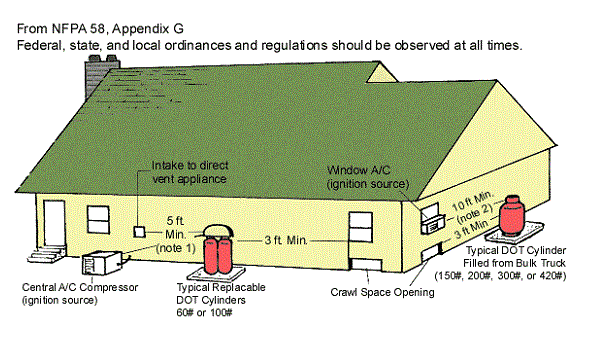
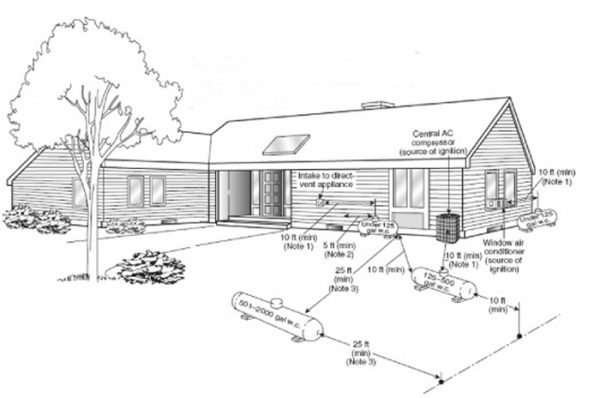
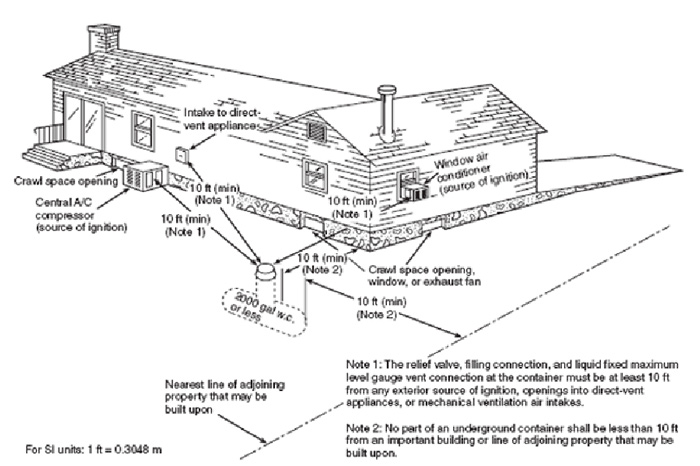
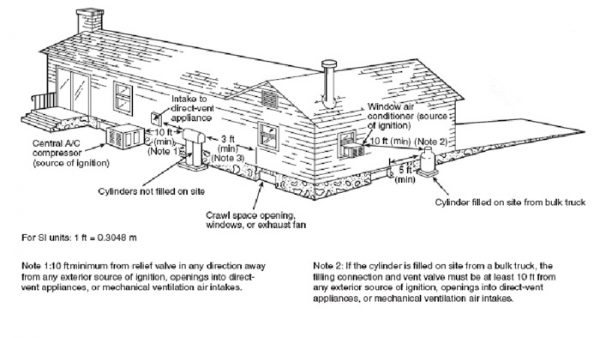
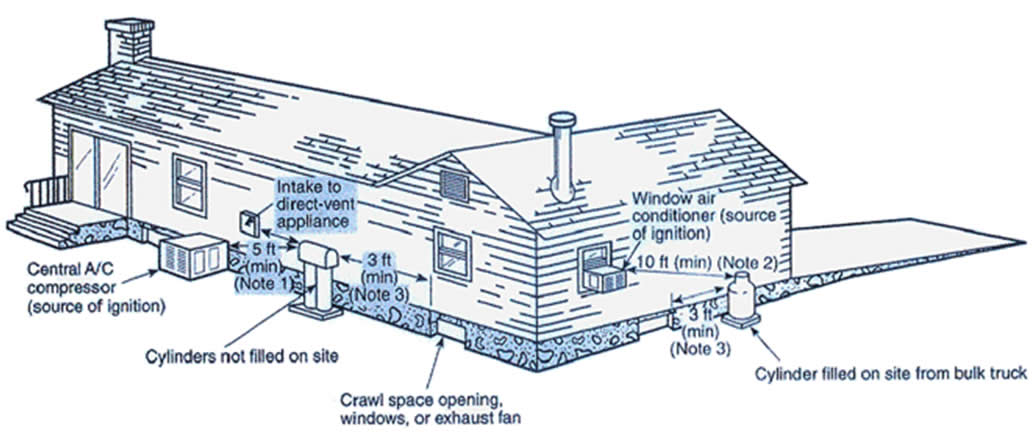

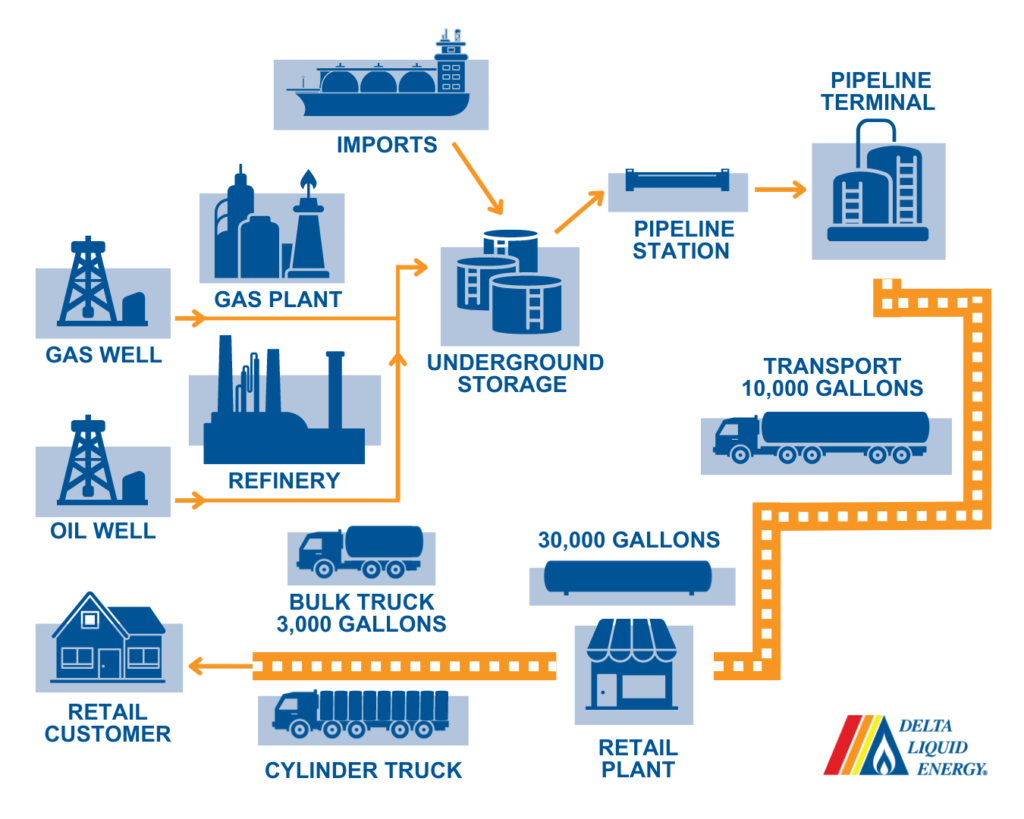
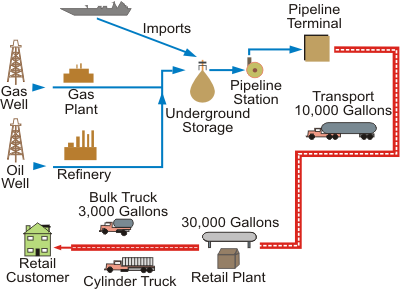
Closure
Thus, we hope this article has provided valuable insights into Locating and Utilizing Propane Fuel Sources. We appreciate your attention to our article. See you in our next article!